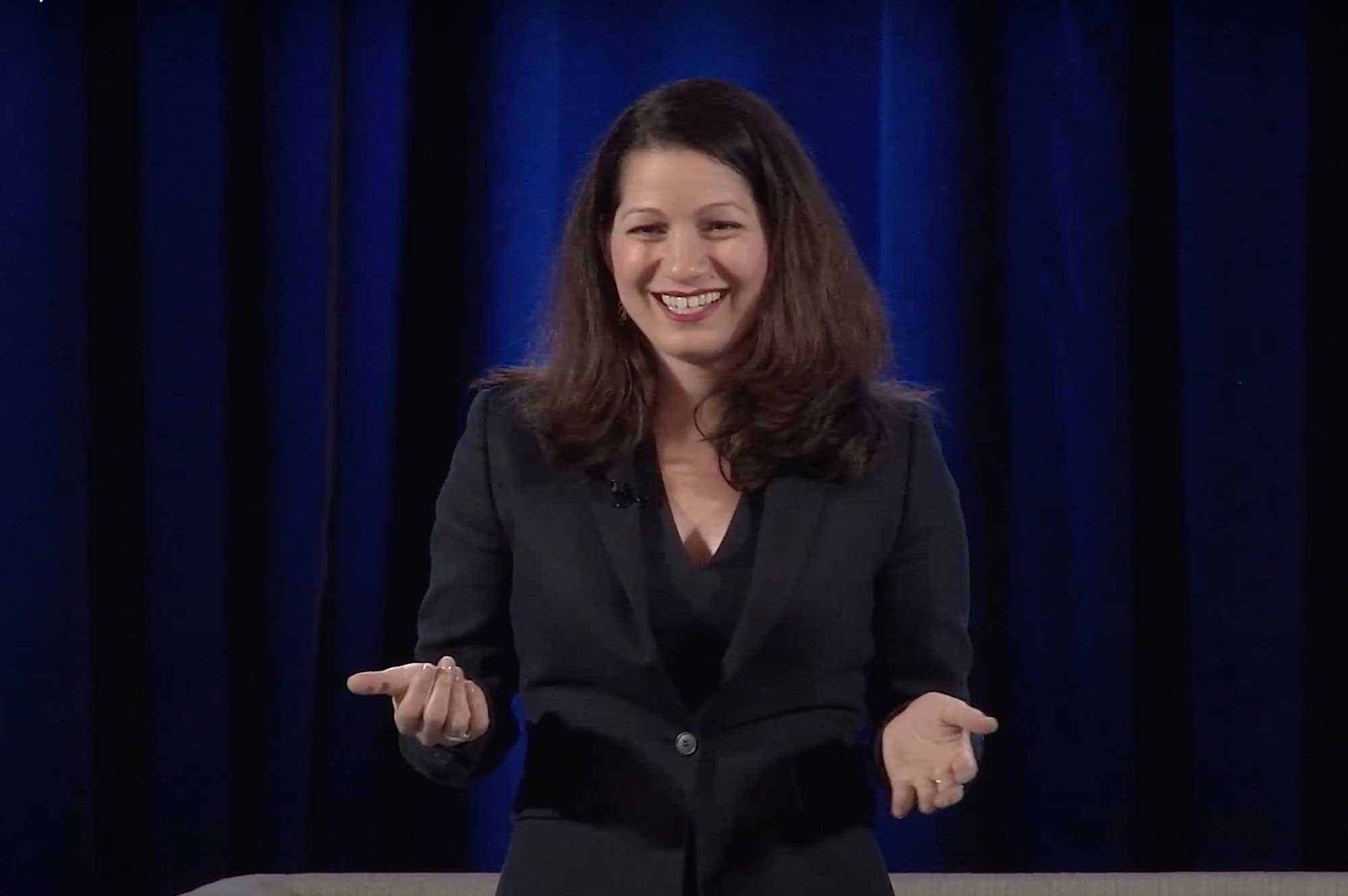Executive coach and public speaker Gerry Valentine provides a breakdown of the general steps required to achieve executive presence (online article).

Rebecca Shambaugh’s Harvard Business Review article outlines the concept of Executive Voice, it’s importance in leadership, and how to develop it.
Presentation skills and preparation for communicating ideas are important, but leadership calls for a bit more to influence people in your organization.
Why do you need an executive voice?
Whether you are an associate manager or a senior executive, what you say, how you say it, when you say it, to whom you say it, and whether you say it in the proper context are critical components for tapping into your full strategic leadership potential. If you want to establish credibility and influence people, particularly when interacting with other executives or senior leadership, it’s important to be concise and let individuals know clearly what role you want them to play in the conversation. It’s also important to demystify the content of any message you deliver by avoiding jargon and being a person of few — but effective — words.
The author’s strategies for developing an Executive Voice include:
- Understand the context
- Be a visionary
- Cultivate strategic relationship
- Bring solutions, not just problems
Read the full article for details on these strategies.
By making the necessary adjustments to your approach to participation, you can avoid flying blind and start showing up more strategically in every setting.




